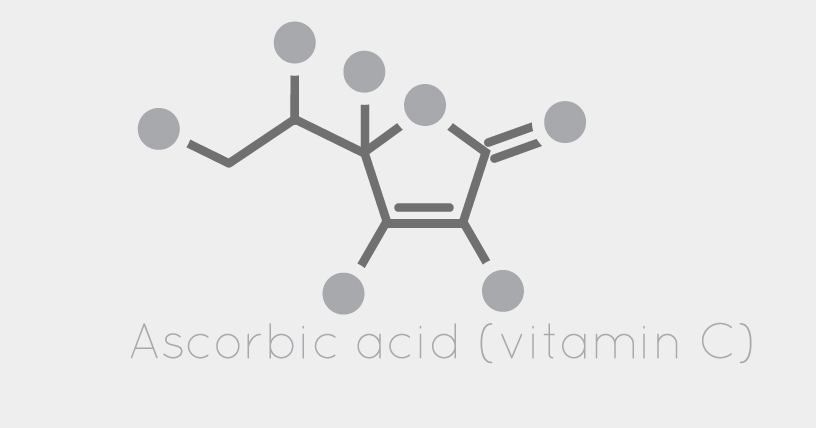

What Does Vitamin C Do?






It has been 7 weeks since my last blog and the clinic has been casually mannered, meaning nothing unorthodox as per patient related issues. The Harpal Clinic team has a new addition to the team, a copied version of Harpal, whom you may see when you pay us a visit.
Once again, I have been encouraged to write about this vitamin C topic by the new intravenous therapy clients, whom have the basic understanding of this essential nutrient.
By the end of this article, like vitamin C, I hope you find this fruitful to your immune system, to support and simplify recent understandings behind it.
Without consciously thinking, the food of choice for vitamin C intake is an orange, for me at least. Possibly, the most popular amongst the huge variety of fruits and vegetables we can source from. Again without determinedly thinking the benefits of this nutrient, it is necessary for growth and our immune system. As basic as that sounds, this does not explain it all, because every other micronutrient we eat does almost the same job, therefore, a bit more insight into it feels relevant.
Vitamin C is important and chronic deficiency in it can result in scurvy. Fortunately, scurvy is rare and almost exclusively associated with malnutrition, malabsorption or psychiatric disease. Since we can almost entirely defend ourselves from this disease, which has not been epidemic for a very long time, at least in the United Kingdom, little attention has been highlighted on it’s supporting role.
It is commonly known that, to provide antioxidant protection, a Recommended Dietary Allowance (RDA) of 90 mg/day for adult men and 75 mg/day for adult women is set based on the vitamin C intake to maintain near-maximal neutrophil concentration with minimal urinary excretion of vitamin C. Despite this RDA, several studies have also reported the benefits of “intravenous high doses” which can be adequately taken without any health implications, interestingly; these doses support our health.


Most recently, research has shown it to be a key antioxidant of the Central Nervous System, as multiple evidence links oxidative stress with neurodegeneration, positioning redox imbalance and reactive oxygen species as a cause of neurodegeneration.
Having explained the goodness of vitamin c, which I have only written a tenth about, it is only fair to highlight the potential side effects. The side effects are, ingesting a large dose may cause gastrointestinal distress and diarrhoea. On its own it works well but is effective as an adjunct supplement. Also, there have been isolated cases of allergic reactions with eczema, urticaria and asthma. Otherwise, the benefits here outweigh the risk, in this article, the risk being the benefits.
Our Myers Cocktail IV vitamin drip contains vitamin C. Ideal for those with deficiencies or for those wanting to optimise overall wellbeing and maintenance. Book now by calling us on 020 7096 5475, or emailing us at help@harpalclinic.co.uk.